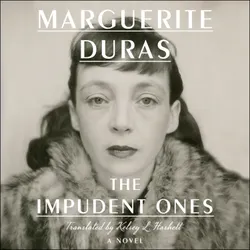This book does not contain a history of New Zealand, but something of the story of many full and stirring days. Almost like the ghost the Maori thought him, Tasman came swiftly out of the rosy West, struck a blow which harmed his country more than it hurt those upon whom it fell, and yet more swiftly sailed away. Notable enough were his coming and going, but only as the prologue to the drama which began after an interval of one hundred and twenty-seven years. Then there steps upon the stage of Maoriland that well-graced actor, Captain Cook; and so the play goes on until the fall of the curtain upon the peace which closed the long struggle of the brave tribesmen with settlers, soldiers and colonists. Another interval, not so long, and then, fitting epilogue, the Dominion.
The years since 1870 have no doubt held romance enough of their own. Books have been written and may still be written of the romance of peaceful settlement, of sport, of mountaineering in New[Pg vi] Zealand, or of soldiering by New Zealanders in other lands; but, save for a few episodes, one may say that the romance of the history of New Zealand ended for the present with the vanishing of Te Kooti. Then, at least, ended the era of turbulence, and began the fat years of progress and prosperity, and it is as difficult for a State as for an individual to be romantic when "with good capon lined."
Yet so crowded with incident is the brief period named that I have practically confined the story to the most prominent of the facts indexed in the New Zealand Official Year Book for 1906. Even with this limitation there is not space enough in which to tell the whole romantic story. At most, an impression of the vivid happenings of the past can be presented, and this is what I have tried to do.













